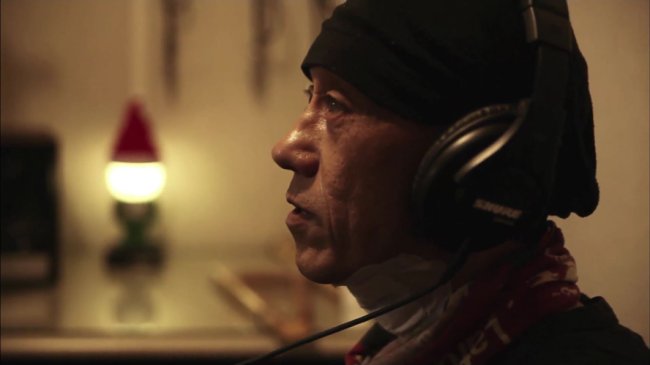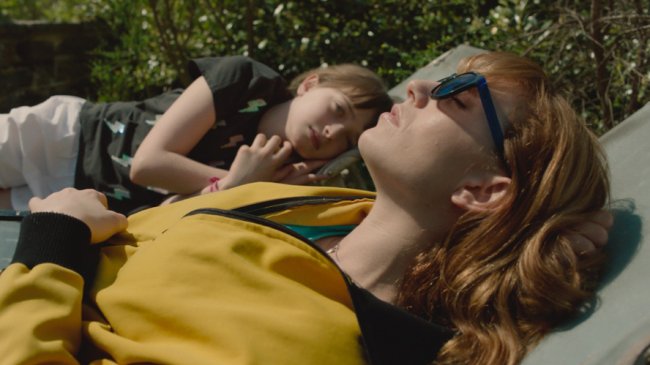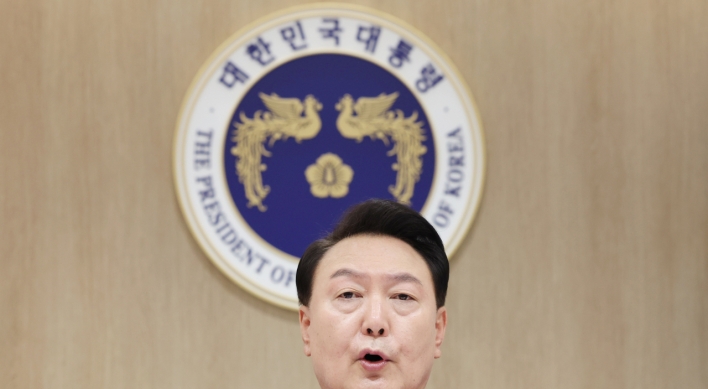The Jeonju International Film Festival, Korea’s second-largest film event, is set to host its 18th edition this year from April 27 to May 7.
Here what to look out for during the festival, which will screen a total of 229 films from 58 countries.
Opening, closing films
Hungarian director Ildiko Enyedi’s “On Body and Soul” will open the JIFF on Thursday evening. The film follows a cautious woman bored with life, who meets a man, falls in love, shares his dreams, and becomes curious about deeper human connection.
Closing the festival will be Japanese director Yaguchi Shinobu’s “Survival Family,” a humorous satire that presents the chaos of a family in Tokyo as the city becomes shrouded in a sudden blackout. “It satirizes the absurdity of urban civilization,” according to the JIFF, depicting how all functions shut down in the face of a technological crisis.
Here what to look out for during the festival, which will screen a total of 229 films from 58 countries.
Opening, closing films
Hungarian director Ildiko Enyedi’s “On Body and Soul” will open the JIFF on Thursday evening. The film follows a cautious woman bored with life, who meets a man, falls in love, shares his dreams, and becomes curious about deeper human connection.
Closing the festival will be Japanese director Yaguchi Shinobu’s “Survival Family,” a humorous satire that presents the chaos of a family in Tokyo as the city becomes shrouded in a sudden blackout. “It satirizes the absurdity of urban civilization,” according to the JIFF, depicting how all functions shut down in the face of a technological crisis.

Microscopic, individualized perspective
Three Korean films -- Lee Chang-jae’s “Project N,” Kim Dae-hwan’s “The First Lap” and Kim Yang-hee’s “The Poet and The Boy” -- have been selected to screen in the Jeonju Cinema Project category, which funds the production and distribution of indie films.
“Korean indie cinema seems to be becoming more microscopic and softened,” programmer Kim Young-jin said. “I think it is because of (the past) government’s antipathy toward indie films and disadvantages in funding.”
Kim added that recent Korean indie cinema seems to be “a smaller version of commercial cinema.”
Meanwhile, Kim noted that documentaries are focusing on the “social implications of even personal issues.”
In the Korean competition category, most of the 128 films submitted featured “dramatically microscopic views” compared to previous years, JIFF said. “It is hard to define whether this is a trend for a significant period of time, a desire for change, a tamed tendency reflecting the frustrated social climate, or evidence of the diversity of creators’ individualized gaze.”
Eleven films are competing in the section, including Hwang Kyu-il’s “Saem,” the story of a lover with a disability, and Lee Wan-soo’s “Nomad,” which looks at the lives of young people.

Frontline
The JIFF has created a new category titled Frontline, which spotlights films featuring uncanny imagination, controversial issues, innovative style or bold expression. JIFF programmer Jang Byung-won referred to it as “a haven of cinematic expression.”
Eleven feature films will be screened, including “Felicite,” which won the Grand Jury Prize at the Berlin International Festival, and “City of Ghosts,” a US documentary by Matthew Heineman about underground journalists who protest against the Islamic State group dominating Syria.
Backlash from icy Korea-China relations
Director Rong Guangrong of “Children are Not Afraid of Death, Children are Afraid of Ghosts,” screening in the expanded cinema category, is one of the several Chinese directors who have refused to attend the event due to strained relations between Korea and China.
“The atmosphere between Korea and China is unusual these days,” Rong was quoted as saying to the JIFF.
Director Zhu Shengze of “Another Year” and Jia Zhangke of “The Hedonists” have also rejected the invitation.
The JIFF is currently in talks with director Li Hongqui of “Hooly Bible II.”
Director Zhu Yuancheng of “The Song of Cotton” had originally agreed to meet with the audience during the film fest, but backed out, resulting in the JIFF’s decision not to screen the film.
“It’s been very difficult this year to invite Chinese films,” said a JIFF official. “We’re afraid the aftermath of deploying THAAD (Terminal High Altitude Area Defense) on the Korean Peninsula is impacting the arts and culture fields as well.”
By Rumy Doo (doo@heraldcorp.com)


















